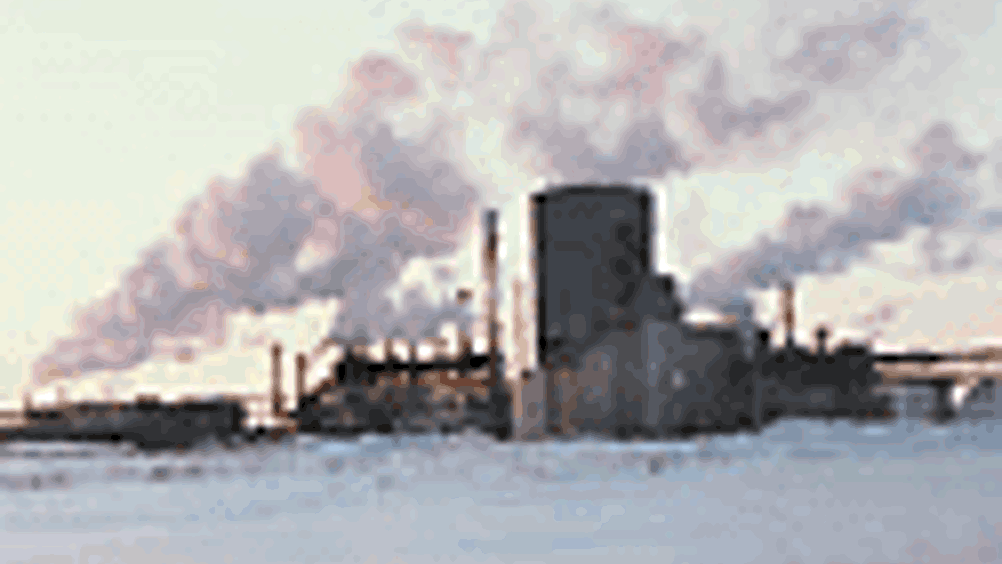More in
Manufacturing jobs suffer as demand increases

A survey by the CBI has revealed that despite a long-awaited upturn in demand for manufacturing output, manufacturing jobs have fallen by approximately 34,000 in the last three months.
The quarterly survey of industrial trends suggests that manufacturing output has moved onto a more stable footing, with demand edging up after five quarters of decline and expectations for future orders the most positive for two years.
But manufacturers continue to face cost rises, forcing more to make job cuts in an attempt to relieve the squeeze on profits. According to the survey, manufacturing jobs fell by an estimated 34,000 in the last three months, 9,000 more than in the previous quarter, bringing the total lost over the past 12 months to 122,000.
The rise in costs continues, with 19 per cent more firms saying costs had gone up this quarter. This was only marginally lower than the peak of 23 per cent three months ago. Meanwhile manufacturing output prices remain broadly unchanged.
Register now to continue reading
Thanks for visiting The Engineer. You’ve now reached your monthly limit of premium content. Register for free to unlock unlimited access to all of our premium content, as well as the latest technology news, industry opinion and special reports.
Benefits of registering
-
In-depth insights and coverage of key emerging trends
-
Unrestricted access to special reports throughout the year
-
Daily technology news delivered straight to your inbox










Klein Vision unveils AirCar production prototype
According to the Klein Vision website, they claim the market for flying cars will be $1.5 trillion by 2040, so at the top end $1 million per unit that...